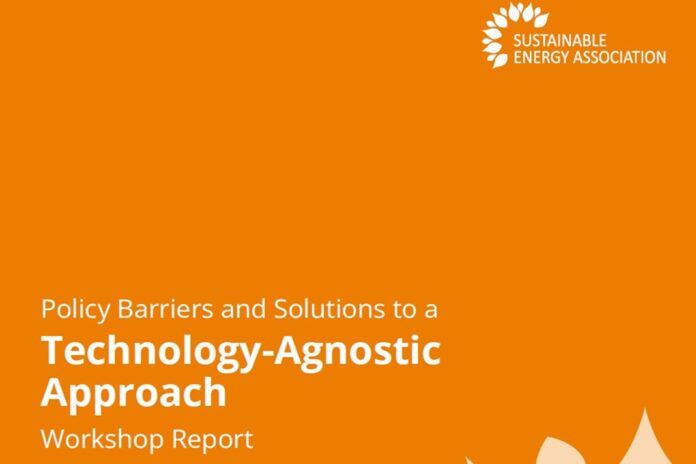
The Sustainable Energy Association (SEA) and Partners’ latest report details how government heat and buildings policy can shift towards delivering the most appropriate technologies for achieving the best outcomes.
The SEA and Partners said that it strongly supports the government’s drive for delivering energy efficiency, low-carbon heating, and smart technology retrofits across the UK. As part of commitments to the Net-Zero agenda, government policy support and investment is at an all-time high for the heat and buildings sector, it noted. Around £6.6bn has already been committed during this parliamentary term, and a further £6bn is now allocated to specific policies from 2025 to 2028.
However, SEA added that it is crucial that these investments are targeted, effective and deliver the best possible outcomes in the transition to Net Zero. Creating living and working spaces fit for future generations should also be a key deliverable through government policy for heat and buildings, the association noted.
It cited that the Low-Carbon Technologies (LCTs) supported through these policies for retrofitting homes and other buildings can create a wide range of beneficial outcomes for buildings, the people that live and work within them, and the country as a whole.
SEA also stated that the current policy landscape risks failing to deliver LCTs into new and existing buildings in a way that encompasses the best range of outcomes, and the most appropriate holistic mix of technologies, most suitable for that particular building and consumer. This is particularly true for innovations and alternative technologies, it added, which can deliver these outcomes in a new or unfamiliar way but are ahead of policy reform that can help bring them to market.
In this new report, SEA has brought together views from across the collaboration to analyse the state of policy, and how it can be made more technology agnostic. There are a host of challenges with the government’s current approach that act as a barrier to delivering in this outcome-based way. These range from industry communications and consumer advice activity, the short-term nature of policy phases and waves, to energy market arrangements and pricing, the EPC framework, labour and skills shortage for delivering these LCTs.
The new report can be found here.
